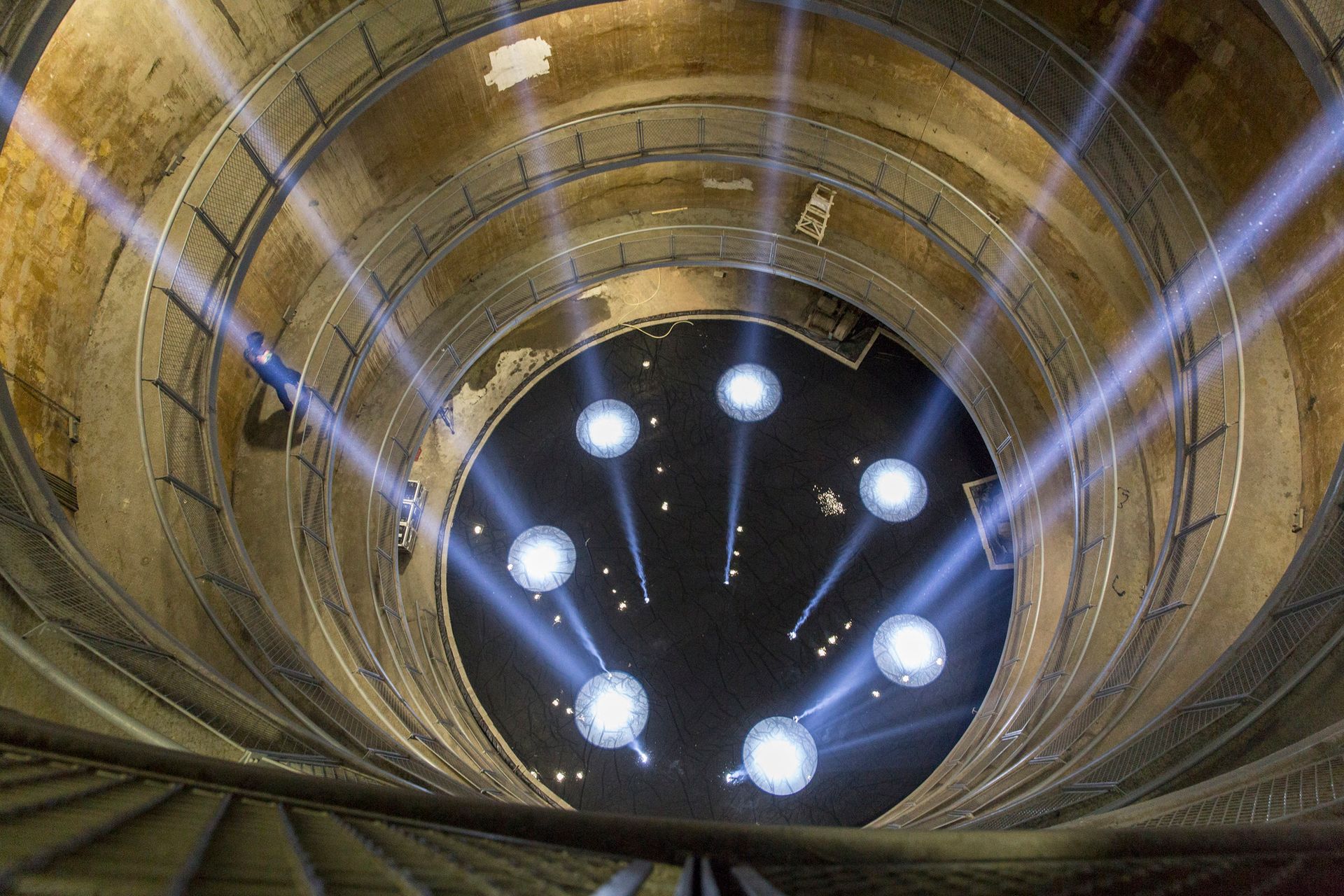The optimism within a polarised world finds expression in the latest Shanghai Biennale, China’s oldest and most influential, which opened on 11 November at the city’s Power Station of Art (PSA).
The Delhi-based curators Raqs Media Collective welded the unwieldy theme of Why Not Ask Again? Arguments, Counter-arguments and Stories with works by 92 artists and collectives from 40 countries into an intelligent, provocative show that explores the myriad layers revealed by the questioning of realities.
At the opening press conference, the director of PSA, Gong Yan, emphasised the 20-year-old biennale’s role of connecting Shanghai’s public with contemporary art: “The PSA is the only publicly funded museum of its kind in China. The environment for contemporary art is improving, and the Shanghai Biennale is a platform for all sorts of art to interact. Chinese art has really benefited from China’s fast social and economic development, so the question is how to give back.”
The show takes its inspiration from Liu Cixin’s 2006 novel The Three-Body Problem and Ritwik Ghatak’s 1974 Bengali film Jukti, Takko aar Gappo (Reason, Debate and a Story). The works on show refer to those Chinese and Indian science fiction classics without being cloying or hokey.
Moonlight-evoking spotlights reflect on water at the base of PSA’s smokestack in Vishal Dar’s Maruts (Storm Deities).

The museum’s huge second-floor atrium is taken over by Mou Sen+MSG’s moonscape installation The Great Chain of Being—Planet Trilogy, which consists of an experimental theatre within a crashed spaceship, videos, sound and bees.
Mou, a trailblazing Chinese theatre director, says the trilogy compiles recordings from a 1960s film about Chinese collective labour, US president Richard Nixon announcing the end of the US-Vietnam war, and Cultural Revolution broadcasts with Chinese leaders’ names bleeped out.
Performance plays a major part in the exhibition, with more than 20 Theory Opera events until the biennial ends on 12 March.
Over the past week, the news has cast a shadow over the more whimsical imaginings of possible futures, while rendering the act of questioning all the more poignant. “We just witnessed an interesting election somewhere in the world, which has revealed deep anxiety,” Gong says. “We can use art to find a third route.”
Monica Narula, a member of Raqs, describes the phrase, why not ask again? as “a demand and a query, to the world and all of you”, about “questions like what happens when worlds collide, or what is the future of our auguries, or what dances when forces gather and disperse”.
In the current context, she says, the world of art is “an antidote to the poison of every inevitability that seems to surround us. It is also a challenge to the notion that things have to be a certain way.
“This includes the world at large, the lives of seven billion plus people who intersect only somewhere in the realm of imagination, who create a desire for another world.”

